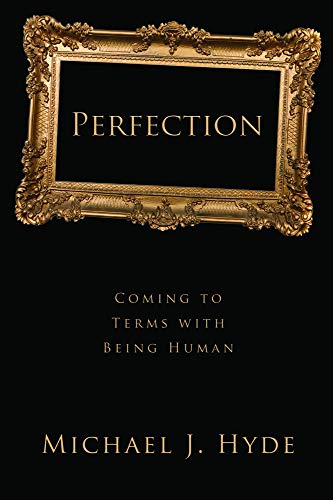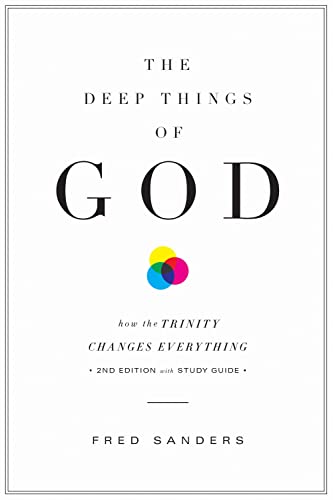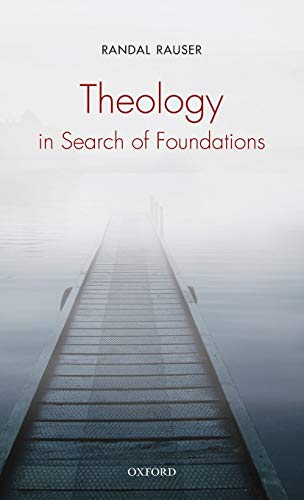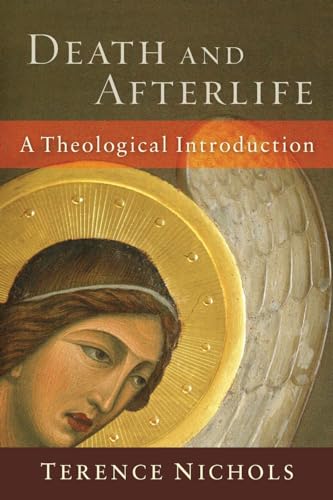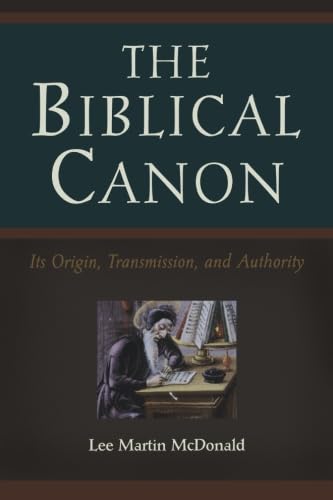Perfection: Coming to Terms with Being Human
Written by Michael J. Hyde Reviewed By Christina Bieber LakeAt one point in this ambitious book, Michael Hyde quotes Frederick Schelling: “Has creation a final purpose at all, and if so why is it not attained immediately, why does perfection not exist from the very beginning?” (p. 24). Hyde is less interested in finding the answer to this question than in the fact that we have all asked it. Perfection, a concept Hyde leaves purposely large and vague, makes a call on all of us, and fills us with a longing for Otherness that we name “God.” We share a “metaphysical desire for perfection, achieving a state of completeness in our lives whereby, at least for the moment, we feel secure, comfortable, and at home with ourselves, others, and our immediate surroundings” (p. xii). Perfection: Coming to Terms with Being Human is not a history of the idea of perfection, but a phenomenology describing how we have “come to terms” with the goal of perfection and the reality of our imperfection.
Perfection is the third in a trilogy of books by Hyde, University Distinguished Professor of Communication Ethics in the Department of Communication at Wake Forest University. The first two are entitled The Call of Conscience: Heidegger and Levinas and Rhetoric and The Euthanasia Debate and the Life-Giving Gift of Acknowledgment. The books represent the three central threads woven throughout Perfection. First, humanity experiences a “call of conscience,” which entails an obligation to be open to the Other. Second, humanity must acknowledge the Other, which has to do with recognizing the Other’s claims upon us. Third, humanity faces an unattainable desire for perfection, which in turn affects the other two. Hyde then adds to the tapestry by providing various analyses of art, music, movies, fiction, philosophy, and science, all loosely related to this desire for the perfect. Readers of this journal will recognize immediately that this book is not about “perfectionism” or the holiness movement, except as they express a deep human longing.
Hyde begins by making the case for why rhetoric matters. Rhetoric matters because although humanity shares the quest for perfection, how we “come to terms with and understand” what perfection is can be quite different (p. xiv). These differences cause the conflict. For example, people have most often correlated the idea of perfection with God, but that naming creates a problem. “The question is whether God is the ‘first cause’ of our metaphysical tendencies or some ultimate effect of these tendencies.… This question sets the sides of the long-standing debate between religion and science over the ‘true’ origins and workings of the cosmos” (p. 22). Hyde argues that although this conflict cannot be resolved, it can be held in tension. To show how this might be done, Hyde returns to his own, vaguely Levinasian understanding of the purpose of human existence as learning to be in a state of openness to the Other. This enables him to aver that, “in the end, both sides might be correct” (p. 22).
To make his case that the desire for perfection is everywhere, and everywhere associated with this need for openness to the Other, Hyde draws from a wide variety of sources. For example, in a chapter entitled “The Otherness All around Us,” Hyde turns to the OT and the Gettysburg address to show how the idea of perfection drives humanity forward. In “Reason,” Hyde discusses Enlightenment philosophers’ interest in the absolute perfection of the human race, explaining how “progress” becomes for these thinkers a “god term.” In “Beauty,” Hyde gives a variety of examples of the way that the arts demonstrate how beauty is connected to perfection. He then draws on scientific discourses to show that the desire for beauty has always been a part of our quest for knowledge.
These first six chapters demonstrate how the range of Hyde’s project often trips him up. His chapter on beauty feels especially scattershot: along with Plato and Kant, he discusses Leon Kass, Bertrand Russell, Steven Weinberg, Charles Darwin, Euclid, Richard Dawkins, Johann Sebastian Bach, and Leonardo DaVinci, just to name a few. There is simply no way to hold all these disparate views together on as vague of an idea as “beauty,” and it makes for very difficult reading. Although the reader eventually adapts to his wide-ranging approach, the object of Hyde’s endeavor seems to get swallowed up with the variety of examples. In any case, it is difficult to redeem the effort required to swallow this sentence:
Justice has an ontological ring to its nature, which is heard in a rhetoric of perfection: justice develops with the primordial relationship between the self and otherness, with the epideictic call of conscience that is announced by this relationship, with the acknowledgement that keeps us open to the interruptive function of this call and to the disclosure of truth that happens in the midst of this openness, with the salvation that transpires as we act heroically to respect and cultivate the truth in question and the beauty of which this truth speaks. (p. 177)
Though too much of this book is likewise unnecessarily convoluted, Hyde salvages the effort by two particularly good chapters: “The Good Life, the Good Death” and “The Biotechnology Debate” (chs. 8–9). Chapter 8 treats the Terry Schiavo case. He analyzes the rhetorical approaches of both sides, revealing how they appealed to the “same rhetoric of perfection to make their case,” and how both “became rotten” with perfection. We can “become rotten with perfection” by being close-minded with our self-righteous certainty, and we can “become rotten with imperfection” by succumbing to despair about it. Chapter 9 analyzes the rhetoric of Leon Kass and other bioconservatives, comparing it to that of Dawkins, Pinker, and other detractors of Bush’s Presidential Council on Bioethics. Among other things, Hyde concludes that both sides would benefit from more humility. The chapter serves as a good reminder that when coming to terms with the basic human desire for perfection, our words really do matter.
Christina Bieber Lake
Wheaton College
Wheaton, Illinois, USA
Other Articles in this Issue
Most of our readers are theological students and pastors...
The Dazzling Darkness of God’s Triune Love: Introducing Evangelicals to the Theology of Hans Urs von Balthasar
by Stephen M. GarrettJürgen Moltmann observes that Christian theology and the Church face “a double crisis: the crisis of relevance and the crisis of identity...
Plots, Themes, and Responsibilities: The Search for a Center of Biblical Theology Reexamined
by Daniel J. BrendselIn the prolegomena to his “approach to biblical theology,” Charles H...
Since the mid-twentieth century biblical scholars have increasingly accepted that the texts of the Bible must be interpreted in terms of their literary genres...
The present age tends to regard polemics, theological controversies, and all-round doctrinal fisticuffs as, at best, a necessary evil, at worst, one of the most revolting aspects of Christianity...


